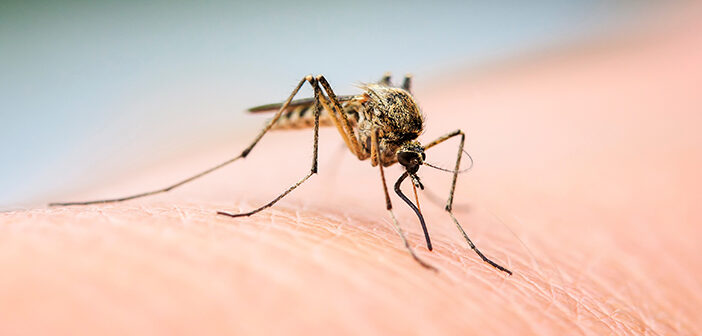Rentokil has reported a 60% increase in recorded activity for biting insects such as midges and mosquitoes between April and July 2024 when compared to the same period in 2023.
This underscores the need for heightened vigilance as the recent spell of wet and humid weather fosters increased insect activity.
In the UK, it is rare for mosquitoes or biting insects to transmit disease, but their bites can irritate and, in some cases, cause an allergic reaction.
Midges and mosquitoes can develop from eggs to adults in six to ten days and can be found close to calm water, where their larvae feed and grow. Mosquitoes will generally bite at dawn or dusk. That is when their internal clocks tell them it’s feeding time.
As temperatures rise, the breeding cycle of these insects is accelerated, potentially leading to a surge in infestations.
Paul Blackhurst, Technical Academy head at Rentoki Pest Control, said: “There is a greater risk of bites when you are outdoors, particularly from dusk onwards when many biting insects are most active. The itchiness that follows a bite can cause significant discomfort.
“However, there are simple ways you can avoid the irritation associated with mosquito and midge bites. Using insect repellents, installing screens, and eliminating standing water around your home are effective measures to protect yourself and reduce the risk of infestations.”




